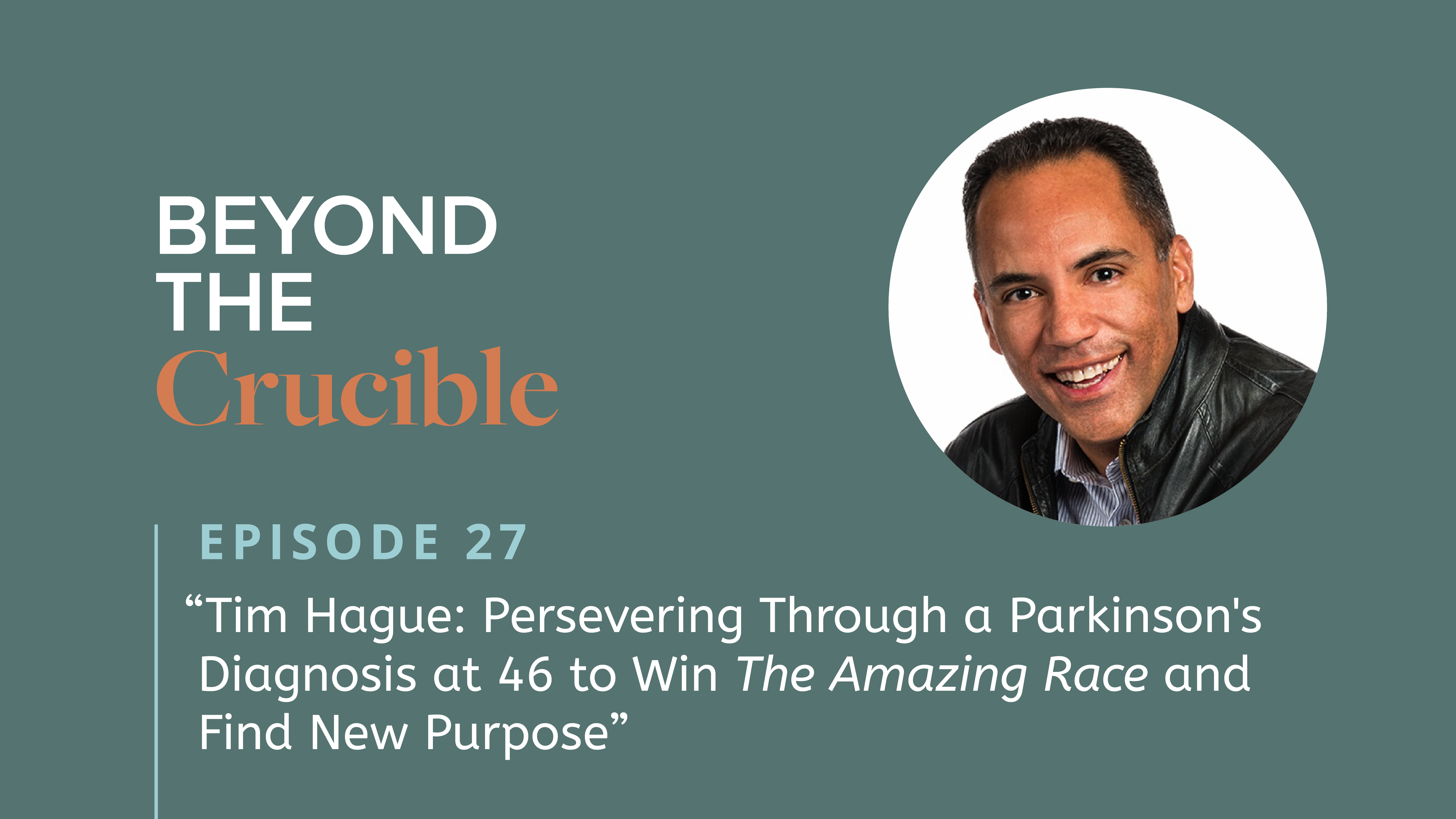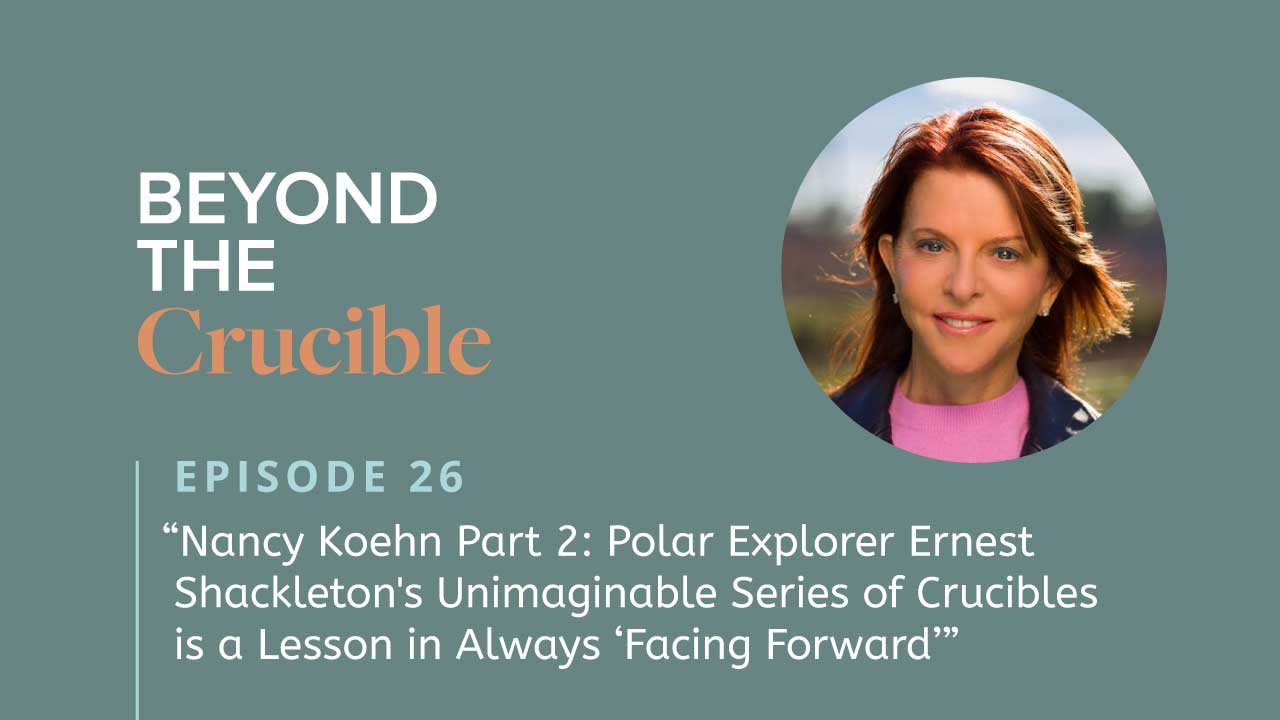
Mike Valentine was a blue-collar kid who grew into a blue-collar young man, a longshoreman’s son who began working as a steelworker as a teenager, walking his first skyscraper beam at 14. His was a hardscrabble existence: He spent the next decade and a half addicted to alcohol and beset with its devastations — bar fights, car accidents and times behind bars. All that changed when his daughter was born — and he turned his attention to living life in pursuit of a worthy purpose.





